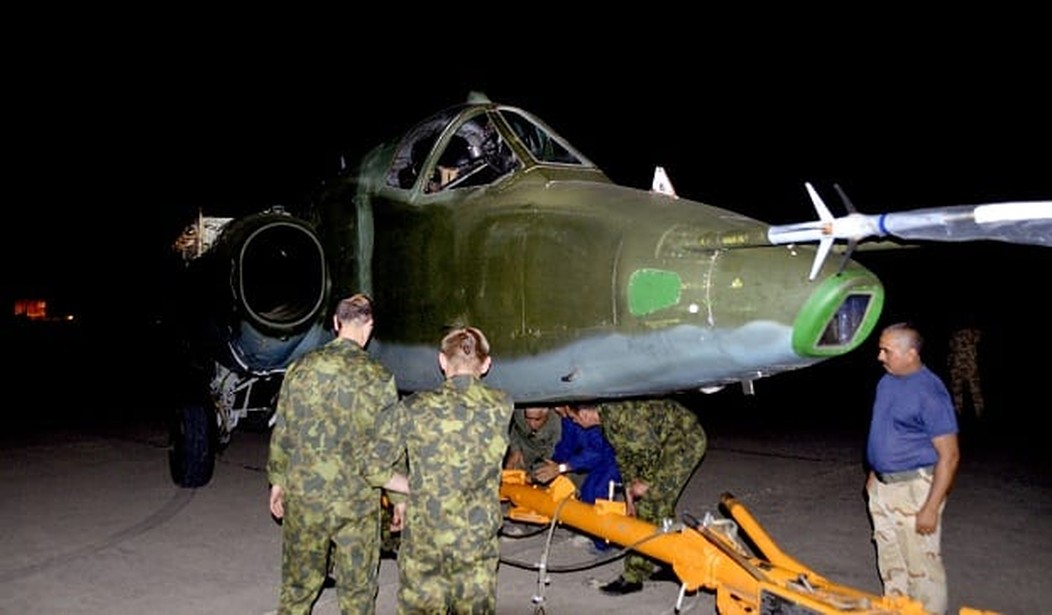Major Matthew Golsteyn, once a highly decorated special forces soldier, was deployed to Afghanistan in 2010 with the 3rd Special Forces Group. While engaged in heavy combat during the battle of Marjah, two marines attached to his unit were killed by a hidden IED.
Golsteyn and his men tracked down the suspect and detained him. He refused to answer questions. Because this suspect “was not on a list of targets U.S. forces were cleared to kill,” the rules of engagement required him to be released. Believing this man to be responsible for the deaths of his men and afraid that once released, the suspect would target the Afghanistan soldiers in his unit, Golsteyn killed him. He then dug a pit and burned him.
In 2011, Golsteyn applied for a job with the CIA for which he was required to take a polygraph test. He admitted he had killed this man a year earlier. A military tribunal then opened an investigation into the incident, but Golsteyn was eventually cleared.
In 2016, Golsteyn appeared on Fox News’s Special Report and was interviewed by Brett Baier. Baier asked him if he killed the suspect and Golsteyn said yes.
Golsteyn added, “There’s limits on how long you can hold guys. You realize quickly that you make things worse. It is an inevitable outcome that people who are cooperating with coalition forces, when identified, will suffer some terrible torture or be killed.”
Golsteyn’s admission to Baier triggered a new investigation and last week, he was formally charged with murder.
In a statement to Fox News, U.S. Army Special Operations Command spokesman Lt. Col. Loren Bymer said: “Major Matthew Golsteyn’s immediate commander has determined that sufficient evidence exists to warrant the preferral of charges against him. Major Golsteyn has been charged with the murder of an Afghan male during his 2010 deployment to Afghanistan.”
The CIA disclosed that during Golsteyn’s polygraph, he told them he had taken” the suspected bomb maker off base, shot him and buried his remains in a shallow grave before returning to the site to dig up the remains and burn them in a pit used to dispose of trash.”
Obama Administration rules of engagement were severely restrictive and Secretary of Defense James Mattis changed them early on in the Trump Administration. At that time, US military personnel were “only able to detain and process Afghans for drug crimes.” Think about that. Men who were facing life or death situations on the battlefield couldn’t act until they received the required approval, while the Obama Administration was mounting an aggressive drone strike campaign which was killing untold numbers of civilians.
Afghan President Hamid Karzai also pressured Obama to intensify the rules of engagement at the start of his troop surge. Karzai had been facing pressure from local elders angry over the deaths of civilians from NATO airstrikes and ground operations.”
The appeasement of Karzai and American SJWs concerned about civilian casualties came at a price. It caused an immediate spike in the rate of US military casualties.
Wayne Simmons, a retired U.S. intelligence officer who worked in NATO headquarters in Kabul as the rules took effect, told the Washington Times, “In Afghanistan, the [rules of engagement] that were put in place in 2009 and 2010 have created hesitation and confusion for our war fighters. It is no accident nor a coincidence that from January 2009 to August of 2010, coinciding with the Obama/McChrystal radical change of the [rules of engagement], casualties more than doubled. The carnage will certainly continue as the already fragile and ineffective [rules] have been further weakened by the Obama administration as if they were playground rules.”
Our country calls on these brave men to protect our country, places them in harm’s way, yet burdens them with unreasonably strict rules of engagement.
Major Golsteyn should receive honor and respect from a grateful nation. Instead, he faces murder charges. If Golsteyn is convicted, President Trump should pardon him. This man is a hero, not a criminal.













Join the conversation as a VIP Member